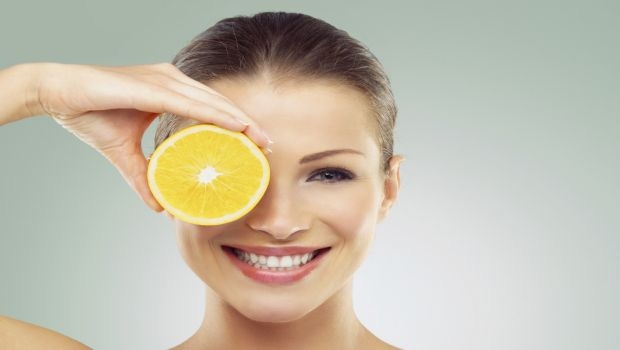A growing body of research on nutriocosmetics, or nutrition for skin health and beauty, has the U.S. population turning to better diets to improve both health and appearance.

Receiving a doctor’s prescription for healthier eating—more fruits and vegetables, for example—has become common practice in a country plagued with obesity, heart disease, diabetes and other medical concerns. And now, a growing body of research on nutriocosmetics, or nutrition for skin health and beauty, has the U.S. population turning to better diets to improve both health and appearance.
“Healthy eating habits appear to be a valuable tool to reduce the signs of skin aging, as well as the management of certain skin conditions," said board-certified dermatologist Dr. Patricia Farris, MD, FAAD, clinical assistant professor of dermatology, Tulane University School of Medicine, New Orleans, in a news release from the American Academy of Dermatology. “Many dermatologists are involved in the groundbreaking research exploring the benefits of nutricosmetics to the skin. While the science behind nutrition, supplementation and the skin is still evolving, research suggests a diet high in antioxidants and healthy fats and low in sugars, refined carbohydrates and bad fats may help the skin look younger."
Common nutriocosmetics for beauty include vitamins, peptides, marine proteins and carotenoids. Some cosmetic companies are extending their topical cosmeceutical lines to include beauty supplements for skin health. One recent study showed daily supplementation of collagen peptides can significantly reduce eye wrinkle depth in just eight weeks. Another research study illustrated diets high in vitamin C and linoleic acid, and also low in fat and carbohydrates, may lead to fewer wrinkles and age-related dryness/skin-thinning.
Ongoing research is also investigating the effects of nutriocosmetics for protection against ultraviolet (UV) light, which often contributes to visible signs of aging. One published study shows probiotics can offer some sun protection by preventing the damaging effects of UV rays; however, evidence does not show oral supplements can replace additional sun protective methods such as seeking shade and wearing protective clothing.
Researchers will continue studying the effects of nutritional intervention using probiotics on atopic dermatitis, a chronic skin condition that causes itching and red rash. Published studies do show the skin condition psoriasis can significantly improve by following a low-calorie diet.
As the body of research on nutriocosmetics grows, and with market predictions showing ingredients for beauty will grow at a CAGR of 8.62 percent through 2019, now is the time to tap into the world of ‘beauty from within.’
About the Author(s)
You May Also Like




.png?width=800&auto=webp&quality=80&disable=upscale)